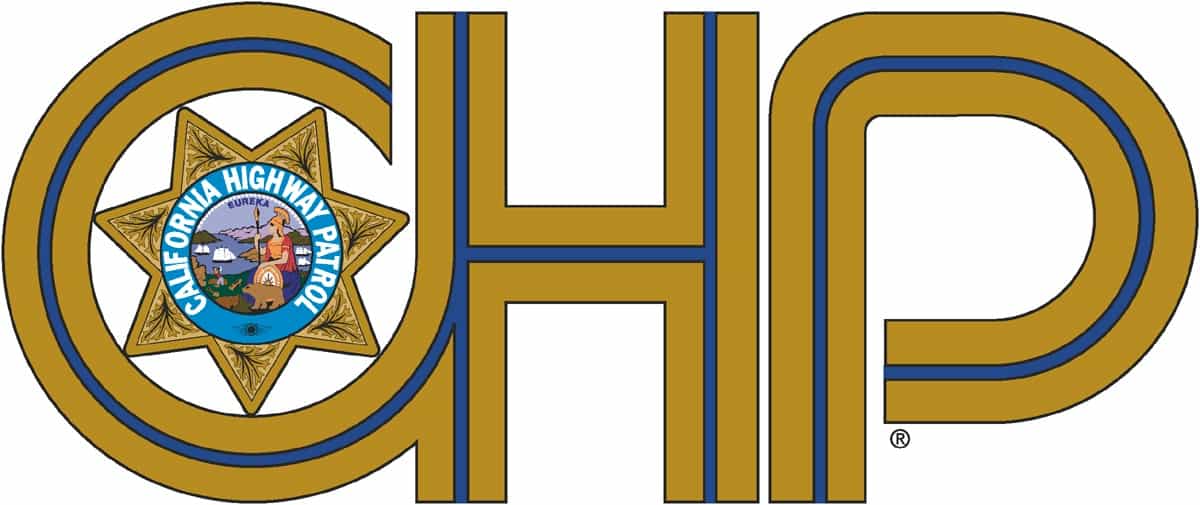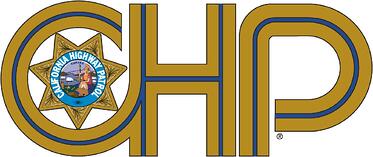CHP VIN Verifications


As mentioned in my other blogs, outside of the DMV & licensed VIN verifiers like myself, the next group of people that can verify your vehicle are peace officers, more specifically, the California Highway Patrol (CHP). CHP VIN Verifications are more in depth inspections that are conducted by highly trained individuals.
The REG 31 form indicates that a DMV employee, licensed VIN verifier, or peace officer can verify your vehicle – so if you have a cop buddy, they can do a VIN verification for you as well – however, sometimes they don’t know how to do it and it results in you having to re-do it (I’ve seen it happen several times before).
- Your vehicle falls into a category of vehicles that have “a high probability of the vehicle having identification numbers (VIN) switched or being used for stolen parts” – this is directly from the CHP’s website.
- Your vehicle is salvage/junked.
- You are missing your Federal Certification Label and there is no primary VIN
- Motorcycles that had previously been registered in CA but fell off of the DMV system due to inactivity or a motorcycle that is having an engine swap.
When a customer comes into my office with paperwork indicating that it was referred to the CHP I automatically advise the customer to not look for alternatives to the CHP because if it was referred there it was for a reason. However, I will admit that sometimes the DMV refers to the CHP “just because”. This is an issue because getting the CHP to verify your vehicle requires an appointment, and to get an appointment at your average CHP goes weeks out, unless you are lucky, or have a “copy buddy”. Also, the requirements that the CHP has are not like one for a licensed VIN verifier or DMV tech, they will sometimes require that you have receipts & documentation to substantiate the claims that are being made to ensure that no fraud is being committed and no stolen parts are being used.
As a consumer, after learning these things about CHP verifications – I will strongly advise the following: do your due diligence. If you are purchasing a vehicle from a “curbstoner” – an unlicensed car dealer/car flipper – dudes that sell cars off of Craigslist – and you see a “salvage certificate” – do your due diligence. I strongly advise that you stay away from “curbstoners”, however, the reality is that people will continue to buy from them.
Contact a registration service like ours and come in with the paperwork before you commit to buying; let us verify that you have the proper paperwork. Also, insist that the inspection be done prior to the sale being complete. Make certain that the paperwork burden is complete prior to you buying the vehicle.
Click here to locate a local CHP office near you.
If you have more questions regarding VIN verifications read my guide on VIN Verifications below.

Jerry marshal Bowers jr I’m trying to set up an appointment to have chp do my vin# verification
Jerry, email us @ [email protected]
Im trying set and appointment for vin verification
Necesito una cita por favor
I’m thinking of buying a car registered out of the state from a person who says they have the vin verification on hand. Is there a way of making sure it is legit?
Hello- I am trying to determine if a cargo trailer I am interested in has a title. I have given the CA DMV the VIN and it was not found. I have looked in some of the nationwide data bases via google etc., and it is not found. I even looked in the federal Gov data base and it was not found. Now what are my options with this trailer? I just want to register it with plates, so it can be towed to my fire incident work assignments. Any help is appreciated.
I bought a brand new trailer in Texas and hauled it with title in hand to california. DMV is telling me the VIN sticker on the tongue is not sufficient and that all trailers need to be stamped with their VIN. I think DMV is wrong? Do you know? I called the manufacturer and they said they have sold thousands of trailers a year and they only use VIN stickers. Frustrated! Thoughts?
Ryan, you’re right.. most manufacturers are cheap and do not take the extra step to stamp the VIN.. many manufacturers do the same thing.. however, i highly recommend that you do get it stamped yourself.. however, you should not be unable to proceed and title it.. the manufacturer is right and the DMV is wrong in this case